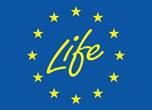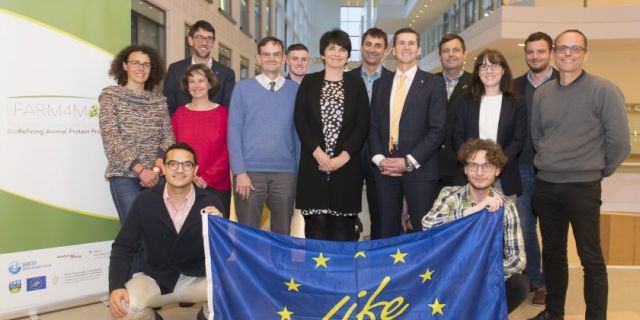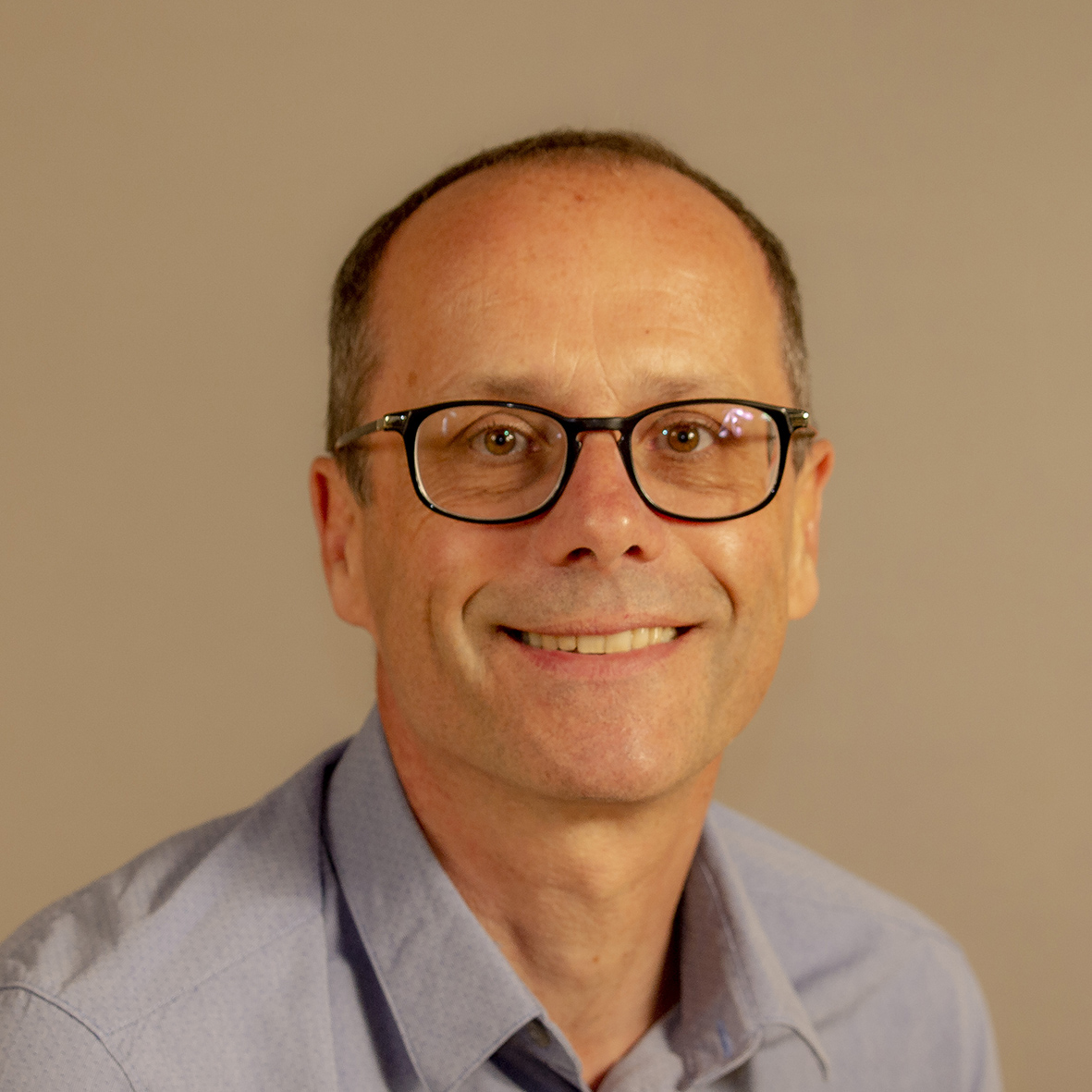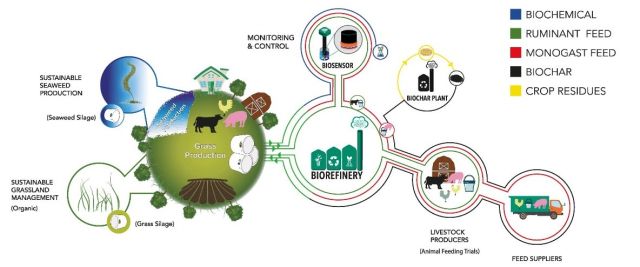Project partners:
• UCD School of Biosystems & Food Engineering ; Dublin, Ireland
• Biochar-Nergy GmbH; Gabersdorf, Austria
• Bantry Marine Research Station Ltd .; Bantry. Ireland
• Biorefinery Research, Implementation and Development Ltd ; Galway, Ireland
• HBLFA Raumberg-Gumpenstein (Roomberg-Gumpenstein Higher Federal Teaching and Research Institute); Irdning-Donnersbachtal, Austria
• tbw research GesmbH ; Vienna, Austria
• Stakeholder groups from Ireland, Denmark and Austria
Project costs:
5.4 million euros
The “fram4more” project is financially supported by the LIFE program of the European Union.

Project tasks and goal:
Both climate change and the increasing demand for animal foods represent significant global challenges for society and agriculture. However, food and feed production is also an important “greenhouse gas factor” on a global level and also area required for feed production “Loss of ecologically valuable areas” . Therefore, innovations to reduce emissions, increase efficiency in the food supply and reduce the use of valuable land for animal feeding are of central importance.
In the European LIFE project “farm4more” , these challenges are addressed through innovative concepts in a cross-border collaboration between research centers, universities, companies and interest groups along the food value chain.
Protein from grassland and seagrass
Pilot studies have shown that the extraction of amino acids or protein concentrates from grassland feed (clover, alfalfa, etc.) and from marine seaweed could have significant future potential for a sustainable protein supply for growing humanity.
• More than 2/3 of global agricultural land is made up of grassland - the difficult-to-digest feed can currently only be used by ruminants.
• The resource “marine seaweed” is not used for the food cycle today.
The “farm4more project” relies on the direct extraction of valuable protein building blocks (amino acids) from grassland feed and seaweed. The vital amino acids obtained from this are used to feed chickens and pigs and thus reduce the climate-damaging protein import requirement, the arable land requirement for animal feeding and the pressure on ecologically valuable areas such as the rainforest when expanding soybean cultivation
*farm4more makes valuable contributions to reducing Food and land competition between animals and humans, to improve domestic protein supplies and to reduce emissions from animal husbandry.
Organic amino acids for chicken and pork
The amino acid concentrates obtained from grassland feed and catch crops in the “farm4more project” will particularly contribute to improving the protein supply in organic farming. In addition, the by-products resulting from the protein production process (e.g. protein press cake from grassland feed) should also be used sensibly in feeding ruminants (cattle, sheep, goats).
-farm4more supports the expansion of organic farming that is being sought in Europe. By providing high-quality natural amino acids, the efficiency of organic food production is increased and the existing protein gap is reduced. Compared to intensive agricultural systems, negative environmental impacts are reduced
Emissions reduction – biochar in feed
Through the targeted use of coal, fertile agricultural soils were built up in advanced civilizations thousands of years ago. Current scientific work also points to positive effects of high-quality feed charcoal in animal nutrition. “farm4more” examines the use of feed carbon in farm animals with regard to its effects on animal health, nutrient utilization and performance. There is great interest in current scientific results on the emission reduction potential from animal husbandry with the targeted use of carbon for feed.
-farm4more comprehensively tests the use of feed carbon in farm animals (chicken, cattle) and highlights the potential for innovations in feeding and animal husbandry in terms of emissions reduction, nutrient efficiency, animal health and performance.
Green bio-refineries – pilot plants in Austria
Together with partner companies, pilot plants for the production of protein concentrates from grassland feed and for the production of organic feed charcoal from natural starting substrates (spelled husks, wood, etc.) are being built, tested and optimized in the “farm4more project”. The know-how gained will be used to set up small regional systems. The production of market-ready products in connection with amino acid extraction or organic feed charcoal production is a key goal of the project.
-farm4more is building pilot plants for the production of amino acids from grassland feed and for the production of biochar from natural organic materials. These are characterized, tested and optimized in the project. The knowledge gained is used in the development of market-ready products.
Technical, ecological & economic assessment
The results achieved in the “farm4more project” from the construction and optimization of the pilot plants (amino acid production, feed charcoal production), the results of the studies on the feed value of the products and the data from the feeding trials with cattle and chickens are subject to a strict evaluation according to scientific and market criteria (technical, ecological and economic evaluation).
-farm4more provides a comprehensive assessment of the innovations implemented in the project and thus enables an assessment of potential for future implementation in the common agricultural policy.
International solidarity
Stakeholder groups from across Europe are involved in the development and implementation work as early as the project phase. Results are subjected to a critical discourse, and possible optimization and solution paths are identified and implemented together.
-farm4more integrates different groups along the agricultural value chain. This contributes to the successful implementation of the project, the acceptance of the project results and the achievement of the project goals.
Further information and contact:
EU LIFE project lead partner:
-UCD School of Biosystems & Food Engineering
IE D4 Dublin
www.ucd.ie/biosystems
Project leader: Prof. Dr. Kevin McDonnell
- HBLFA Raumberg-Gumpenstein
Higher Federal Teaching and Research Institute Raumberg-Gumpenstein
A-8952 Irdning-Donnersbachtal
www.raumberg-gumpenstein.at
Project contact person: Priv.-Doz. Dr. Andreas Steinwidder
Link to the project homepage:
http://www.farm4more.eu/








